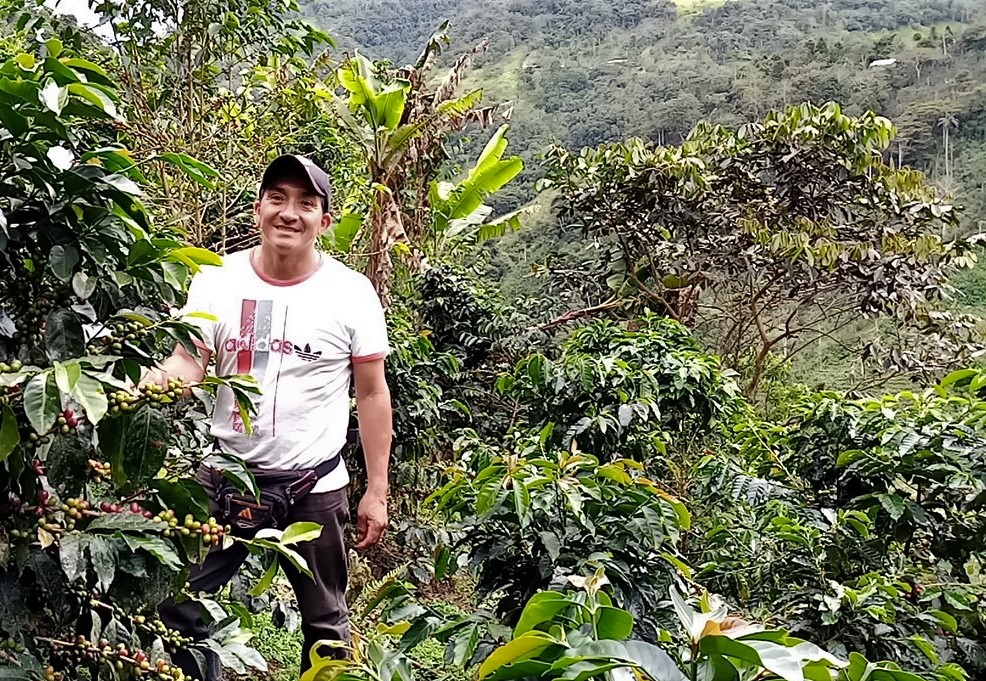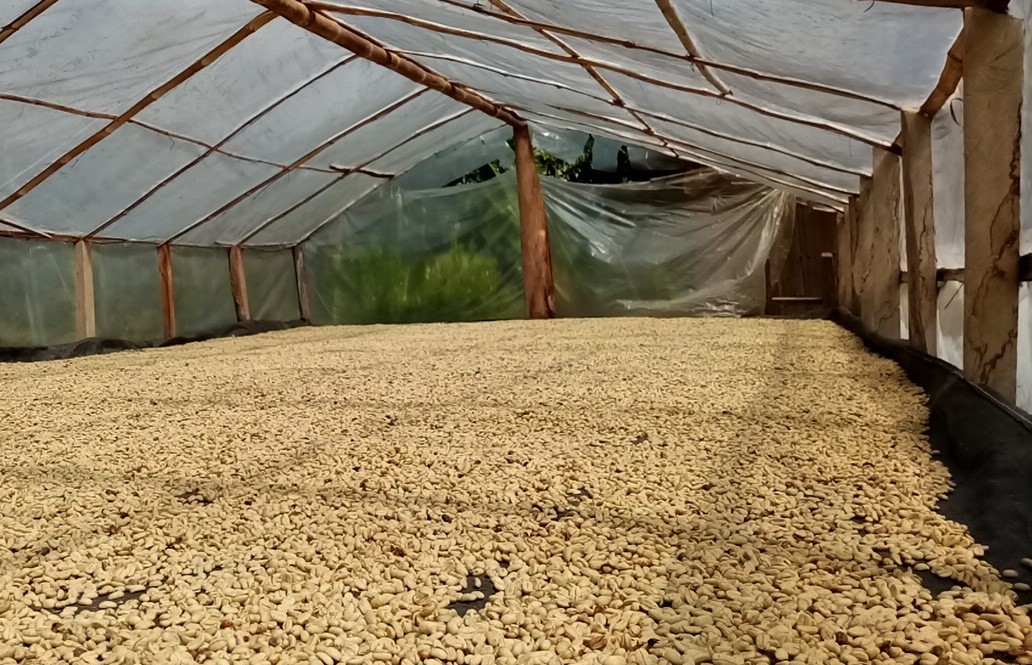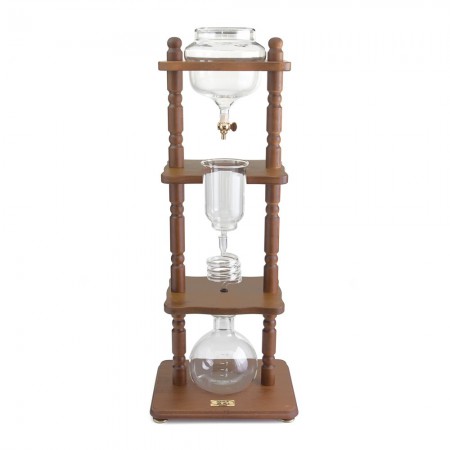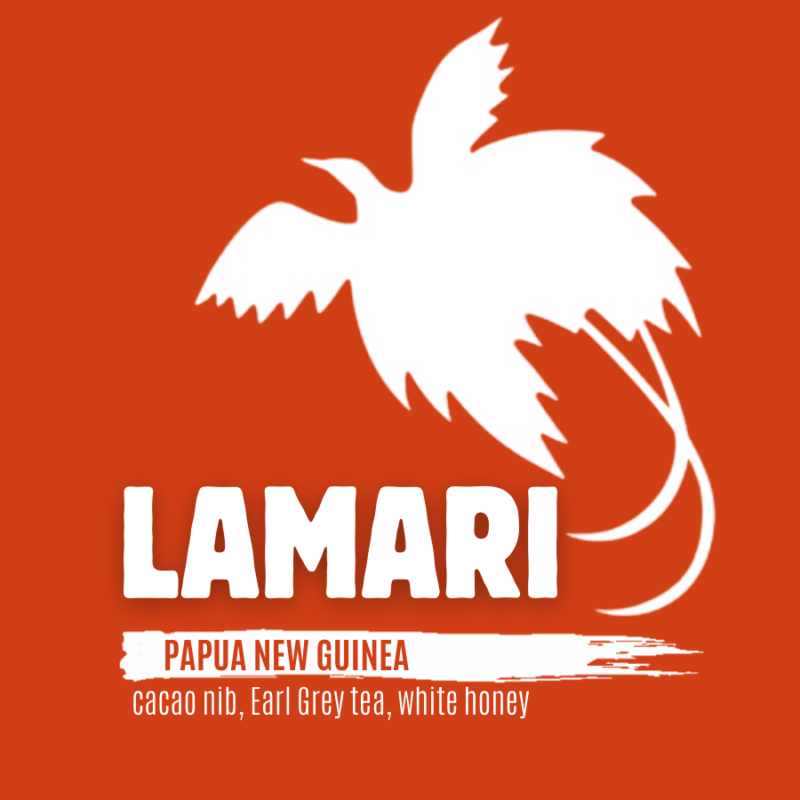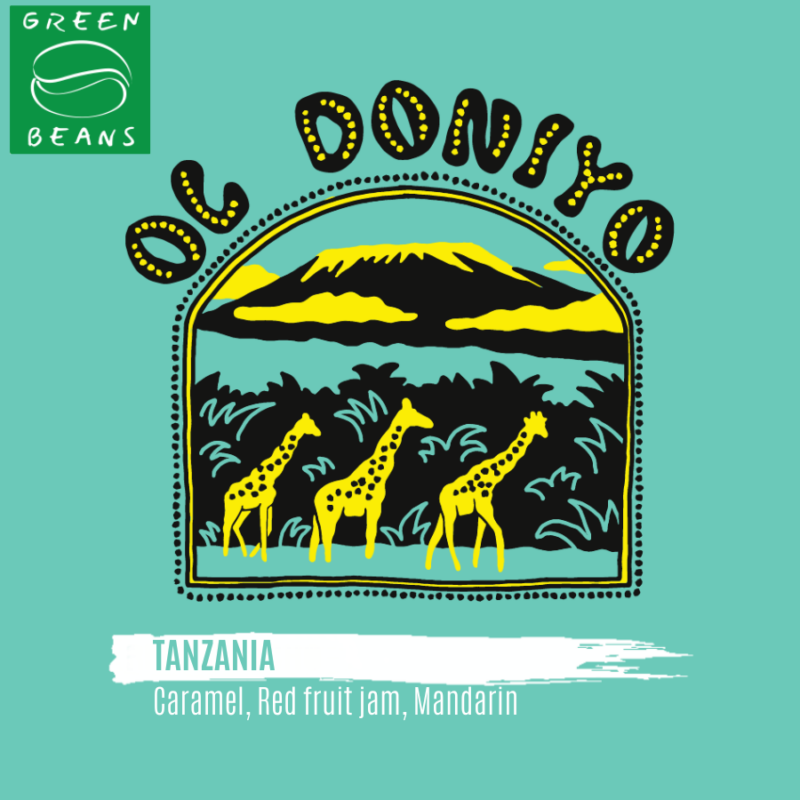Description
GROWER: Smallholder farmers organized around Perales Huancaruna (PERHUSA) cooperative
VARIETY: Typica, Caturra, Catimor, Pache, Mundo Novo, and Bourbon
REGION: San Ignacio, Cajamarca, Peru
ALTITUDE: 1400 – 1750 masl
PROCESS: Fully washed
CERTIFICATIONS: Organic
CUP NOTES: Anzac biscuit, Cocoa nib, Orange
Peru’s northern Andes are lush, humid, mountainous, and a kind of visceral threshold between the drier Pacific slopes and the cavernous and rainforested lowlands of the Amazon basin on the eastern side. The highlands here are broad and varied in elevation and microclimate. Coffee has had a dominant presence here for decades and the northern departments of Cajamarca, Amazonas, and Piura are well-established in the marketplace for their certified cooperatives representing tens of thousands of smallholder farmers, as well as the high-quality potential throughout the region.
Perales Huancaruna (PERHUSA) is a cooperative in northern Peru that manages coffee from farmer associates throughout the region. This specific lot comes to us from a combination of small family-run farms in the Chaupe municipality, near the city of San Ignacio, close to the Ecuadorian border. During harvest the farms have minimal, if any, hired labor to assist with picking and land management, all of which is carefully and entirely done by hand. Once picked, coffee is mechanically depulped using a small machine, fermented in an above-ground tank for 24-36 hours, manually scrubbed clean using fresh water, and then dried for about 10 days on small patios, and occasionally raised screen beds. Finally, fully dried parchment is delivered to one of PERHUSA’s local warehouses for safekeeping and conditioning. From there deliveries are sampled and consolidated by PERHUSA’s quality team or kept separate for traceability or quality reasons.
In Peru by far the bulk of coffee production comes from small farms owned and managed by people who have for many years followed organic farm management practice attuned to their cultural connection with the land. Producers, like the ones included in this lot, typically cultivate coffee on just a few acres of land intercropped with shade trees, fruits and vegetables. Small producers are often very careful about picking and sorting their cherry prior to depulping, fermenting, washing, and drying the coffee, all on personal equipment and on personal property. While producers design farm management and post-harvest solutions to fit their varying needs, they also need a strong business alliance to bring their coffee to the international market and earn fair prices, regardless of whether the coffees are blended or sold independently.

